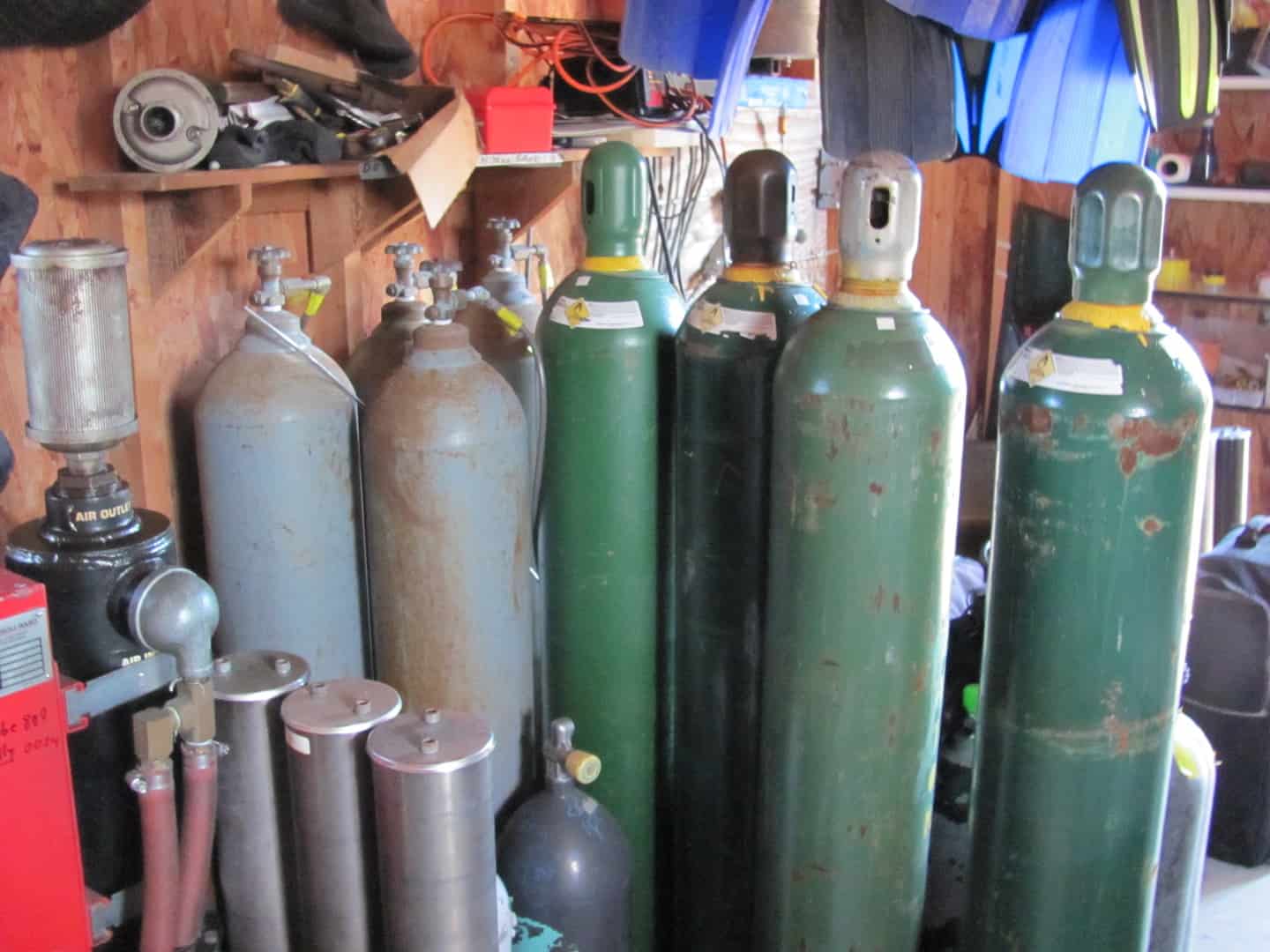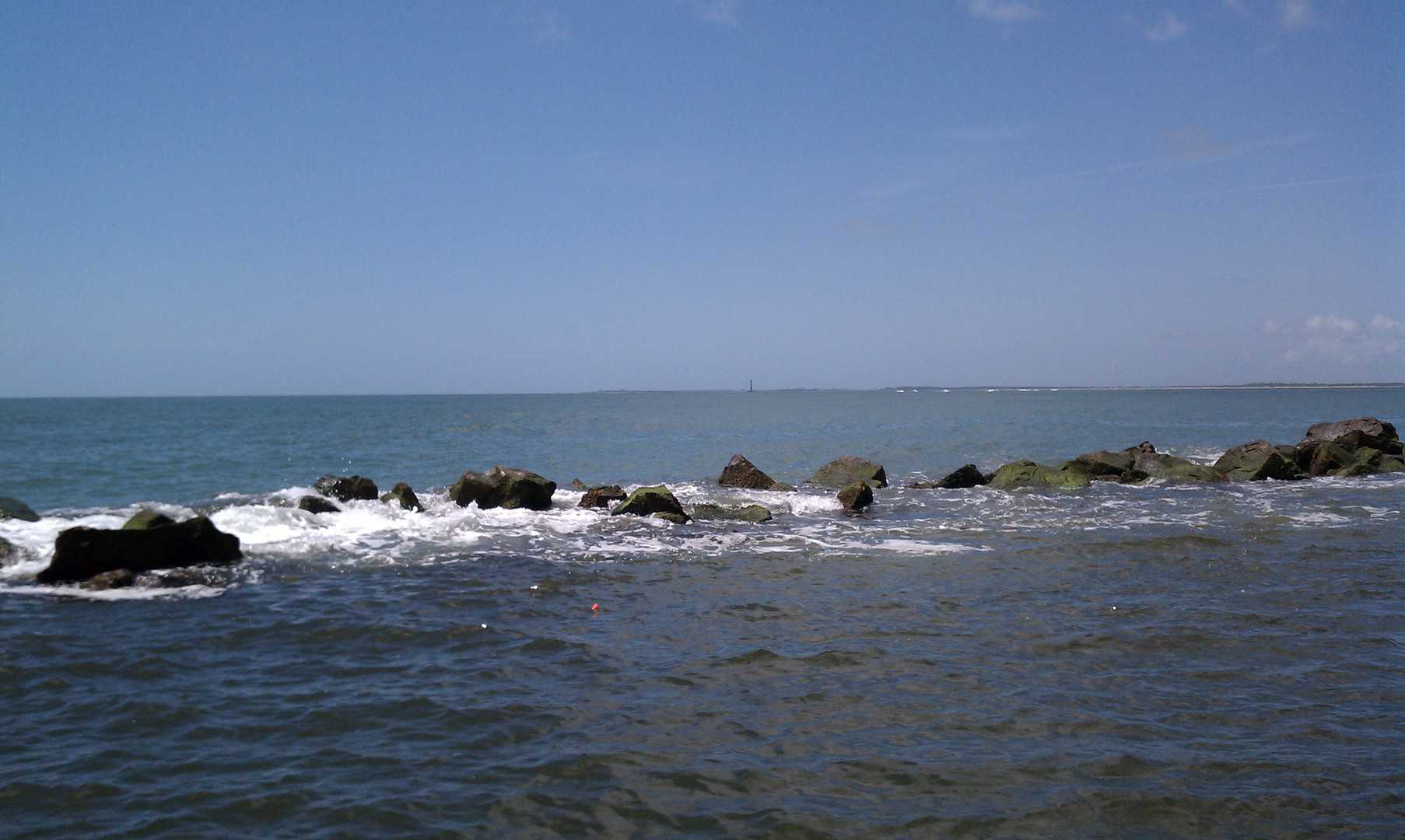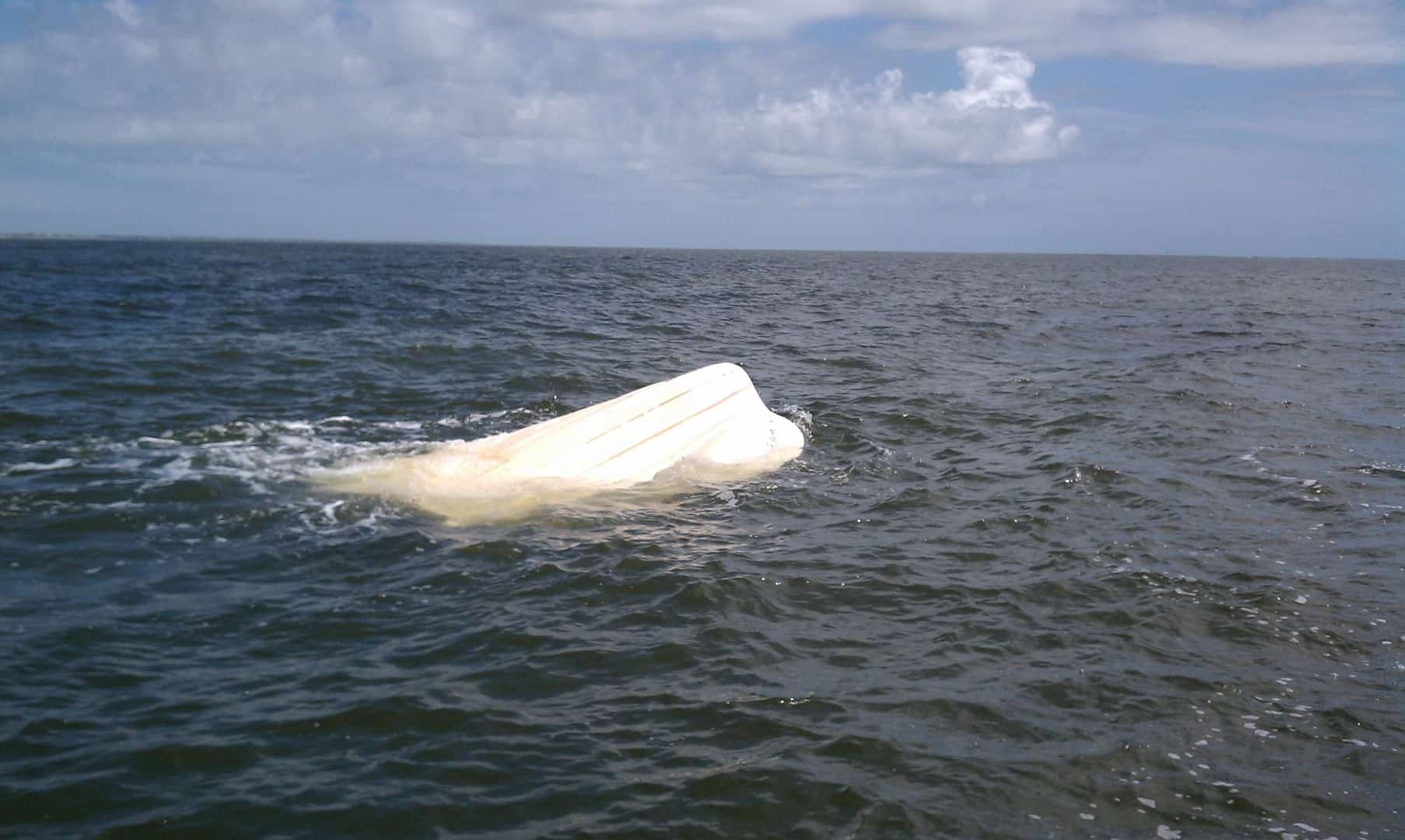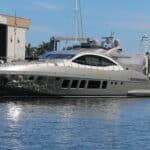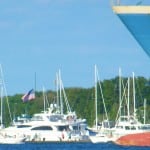Good morning to Captain and crew alike, and welcome to the Admiralty Docket. Today our Charleston, SC Maritime Attorneys discuss maritime liens for goods or services provided to a vessel, or what the maritime law refers to as “necessaries”.
When dockage, fuel, repairs, supplies, or other necessaries are provided to a vessel upon the order of her owner or other authorized person, a maritime lien arises as a matter of federal admiralty law against the vessel and in favor of the supplier in the amount of the reasonable value of such necessaries. Such maritime liens arise under these circumstances against vessels of every description, regardless of whether documented by the U. S. Coast Guard, or registered in this state, or in another state or foreign nation, or even if unregistered. The only exception is for certain government vessels, and the suppliers of necessaries to such government vessels have other rights to ensure payment.
Since there is no requirement of recording maritime liens, except for preferred ship mortgages, secret liens encumber many vessels without any public notice. As once expressed by a longtime member of the admiralty bar, “Many are the sophisticated captains of landside business who have run hard against the jagged rocks of the maritime lien.” Prospective purchasers, suppliers, charterers, or lenders should exercise caution when calculating the value of a vessel for a particular purpose and seek competent counsel, if appropriate. The liens upon a vessel may include seamen’s wage liens, salvage liens, tort liens, general average, mortgage liens, liens for supplies, repairs, towage, wharfage, pilotage, stevedoring, or other necessaries, and may far exceed the value of the vessel.
The supplier of dockage, fuel, repairs, supplies, or necessaries to a particular vessel is protected by the maritime lien, which gives him the right to commence a civil admiralty action in the U. S. District Court against the vessel herself as a Defendant. The supplier need not allege or prove that credit was given to the vessel. In such a suit, the vessel may be seized by the U. S. Marshal, condemned, and sold to satisfy the supplier’s lien, if proved.
The supplier may proceed alternatively, or additionally, against the owners of the vessel to which necessaries were provided or against others who may be liable under a contract for provision of such necessaries. Of course, the supplier may recover the amount owed only once, regardless of the number of claims or actions or the number of Defendants. The marine supplier has the right to seek enforcement of his maritime lien against the vessel wherever the vessel may be found within the jurisdiction of the U. S. District Courts.
Although many states have enacted statutes purporting to give maritime liens against vessels for services or supplies considered necessaries, such statutes are superseded by federal statutory admiralty law to the extent that enforcement of such state created liens is directly against the vessel by civil action In Rem. This rule serves the need for national uniformity regarding creation and enforcement of maritime liens.
More next time on the Admiralty Docket. Until then, remember that your rights and responsibilities may change as you approach the shore, and may God Almighty grant you pleasant sailing.
The Admiralty Docket is a blog written by Charleston, SC Maritime Attorneys John Hughes Cooper and John Townsend Cooper which focuses on maritime legal issues and current events in South Carolina and the Southeastern United States.


